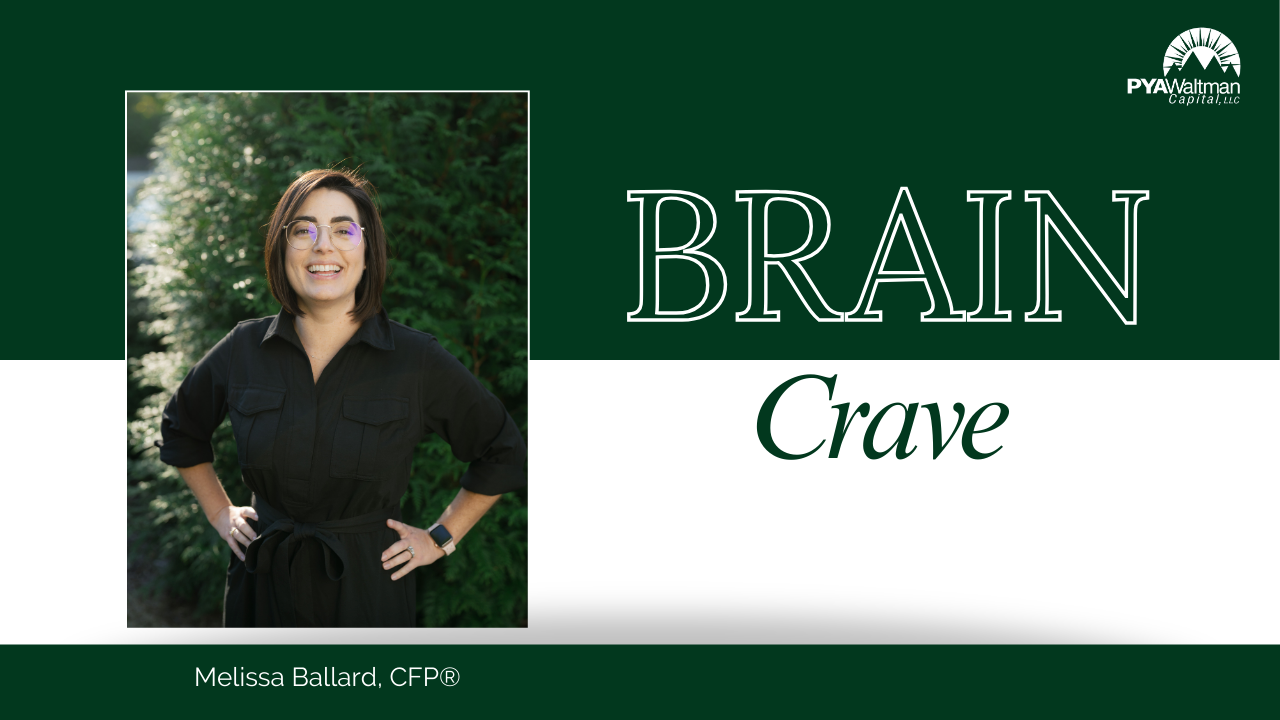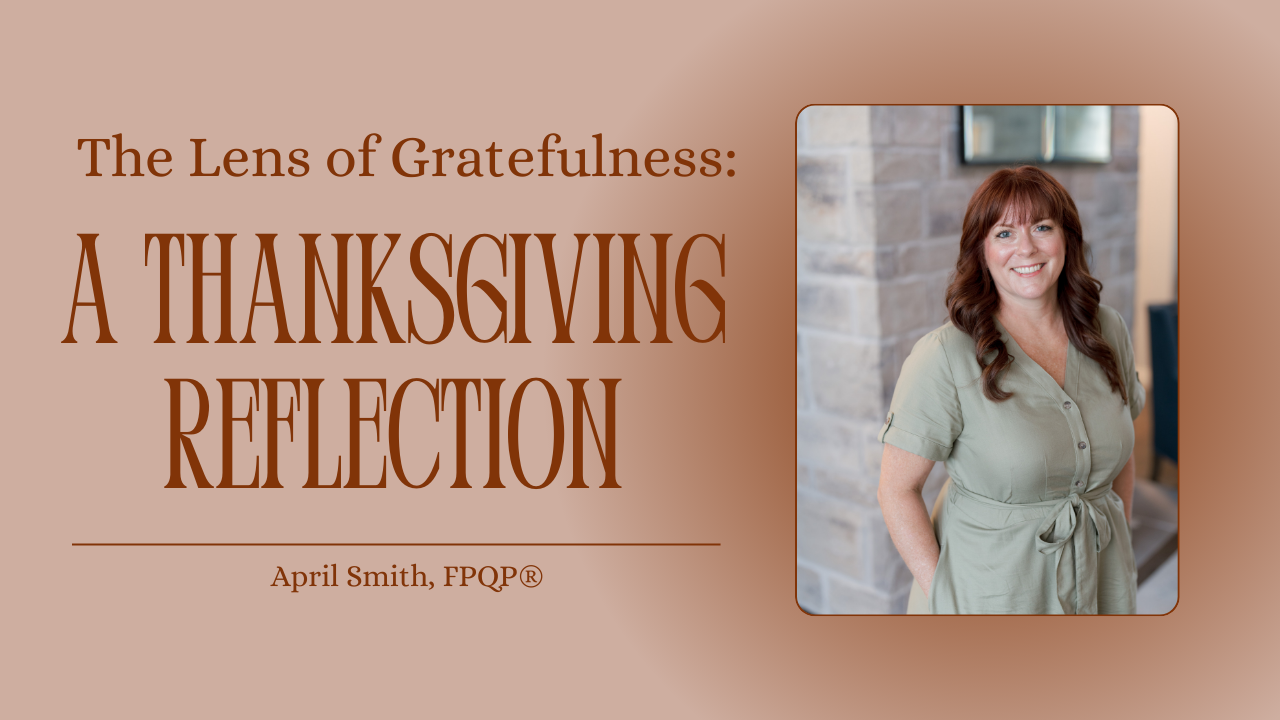I got married last year, and anyone who has ever gotten married knows how unbelievably expensive weddings can be. Although worth every penny, I have yet to meet a bride who does not stress about finances at some point in their planning journey. I remember one of the countless nights browsing various websites for a veil (don’t knock it ‘til you try it, future brides. It could save you hundreds on something you wear for an hour). I eventually stumbled upon one I liked, proceeded to check out, and I was offered the ability to purchase using "Afterpay," something I had never seen before.
Afterpay is one of many “Buy Now, Pay Later” platforms that offer online shoppers short-term financing in the form of interest-free installment loans. Qualified consumers can then use their account to pay the balance of their purchases over a six-week period. If payments are not made in a timely manner, late fees are charged.
Admittedly, this tempted me. Being in an emotionally vulnerable place with a growing credit card balance was enough for me to consider the idea. Four payments of $15 always sounds better than paying $60 all at once—at least initially. (And I know I am not the only one who thinks that. Afterpay boasts thirteen million active and repeat users). But once I took a step back, I knew this would likely not be an isolated event for a shopaholic like me. I realized that the more I dabbled in installment payments for $30 blouses, the closer I was getting to forming a potentially detrimental habit.
Warren Buffett said, “Chains of habit are too light to be felt until they are too heavy to be broken.” Falling into the trap of overconsumption in any area of our lives can be dangerous. For me personally, facing thousands of fashion retailers that partner with Afterpay every time I shop online (which is often) does not help. When I find myself burdened by daily financial decisions that may seem insignificant, I am reminded of the power of habits in working towards (or against, as in my Afterpay example) long-term financial goals. Perhaps utilizing something as simple as monthly automatic deposits from your bank account into an investment account could habitualize savings and make all the difference long-term. Whatever method you choose, removing the ambiguity of the short-term through the formation of positive habits is an idea we can all marry ourselves to.
Read Hannah's article in West Knoxville Lifestyle by clicking here.
The opinions expressed are those of PYAW’s Investment Team. The opinions referenced are as of the date of publication and are subject to change due to changes in the market or economic conditions and may not necessarily come to pass. Forward looking statements cannot be guaranteed.
PYA Waltman Capital, LLC (“PYAW”) is an investment adviser registered with the U.S. Securities and Exchange Commission. Registration does not imply a certain level of skill or training. More information about PYAW’s investment advisory services can be found in its Form ADV Part 2, which is available upon request. PYA-21-28




.png)
